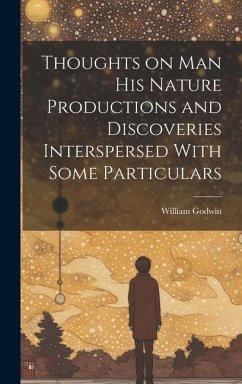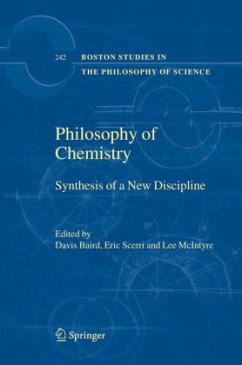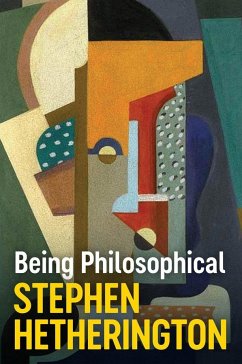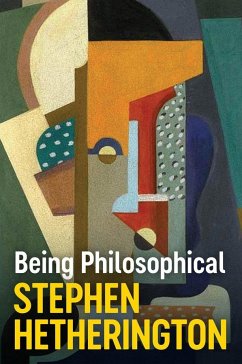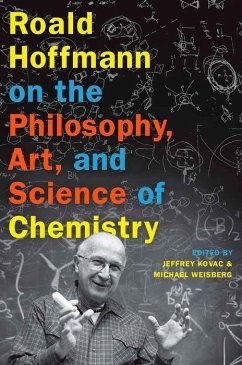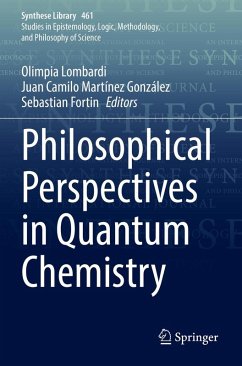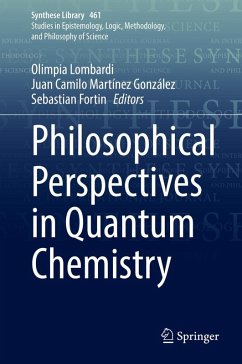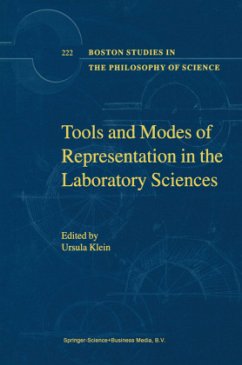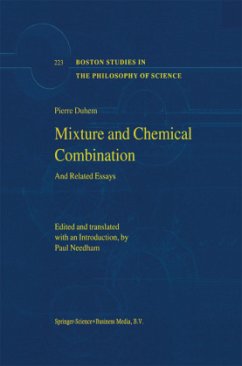
Discussing Chemistry and Steam
The Minutes of a Coffee House Philosophical Society 1780-1787
Herausgeber: Levere, Trevor Harvey; Turner, Gerald L'e
Versandkostenfrei!
Versandfertig in 1-2 Wochen
217,99 €
inkl. MwSt.

PAYBACK Punkte
109 °P sammeln!
This book contains an edition of the Minutes of the Coffee House Philosophical Society 1780-1787, as transcribed by William Nicholson, the secretary to the society. The 1780s were exciting years for science and for its applications, and experimental philosophy and industrial development were closely interwoven. This coffee house society provided a group of natural philosophers with the oppotunity to discuss the topics that most interested them. The minutes themselves, unique in their completeness, constitute a continuous record of the fortnightly meetings of a group of leading natural philosop...
This book contains an edition of the Minutes of the Coffee House Philosophical Society 1780-1787, as transcribed by William Nicholson, the secretary to the society. The 1780s were exciting years for science and for its applications, and experimental philosophy and industrial development were closely interwoven. This coffee house society provided a group of natural philosophers with the oppotunity to discuss the topics that most interested them. The minutes themselves, unique in their completeness, constitute a continuous record of the fortnightly meetings of a group of leading natural philosophers, instrument makers, physicians, and industrialist entrepreneurs. They are an important resource for historians of politics and society (including the industrial revolution), as well as for historians of science and technology. In addition to a fully edited edition of the Minute book, and brief biographies of all the members, the book includes essays by Jan Golinski on the members' discussion about phlogiston and other issues relating to the chemical revolution, and by Larry Stewart on the reforming, radical, and industrial contexts of the networks to which the members belonged. One of the standard criticisms of English science in the late eighteenth century is its isolation from the rest of Europe. These minutes offer a very different picture.The members, the Irish chemist Richard Kirwan taking the most active role, discussed current issues in science and reported on scientific and industrial advances from all Europe, and even from Hudson's Bay, showing early English awareness of the latest developments. The Minute Book gives a sense of history at a particular period, and is invaluable to all historians, whatever their specialism.





